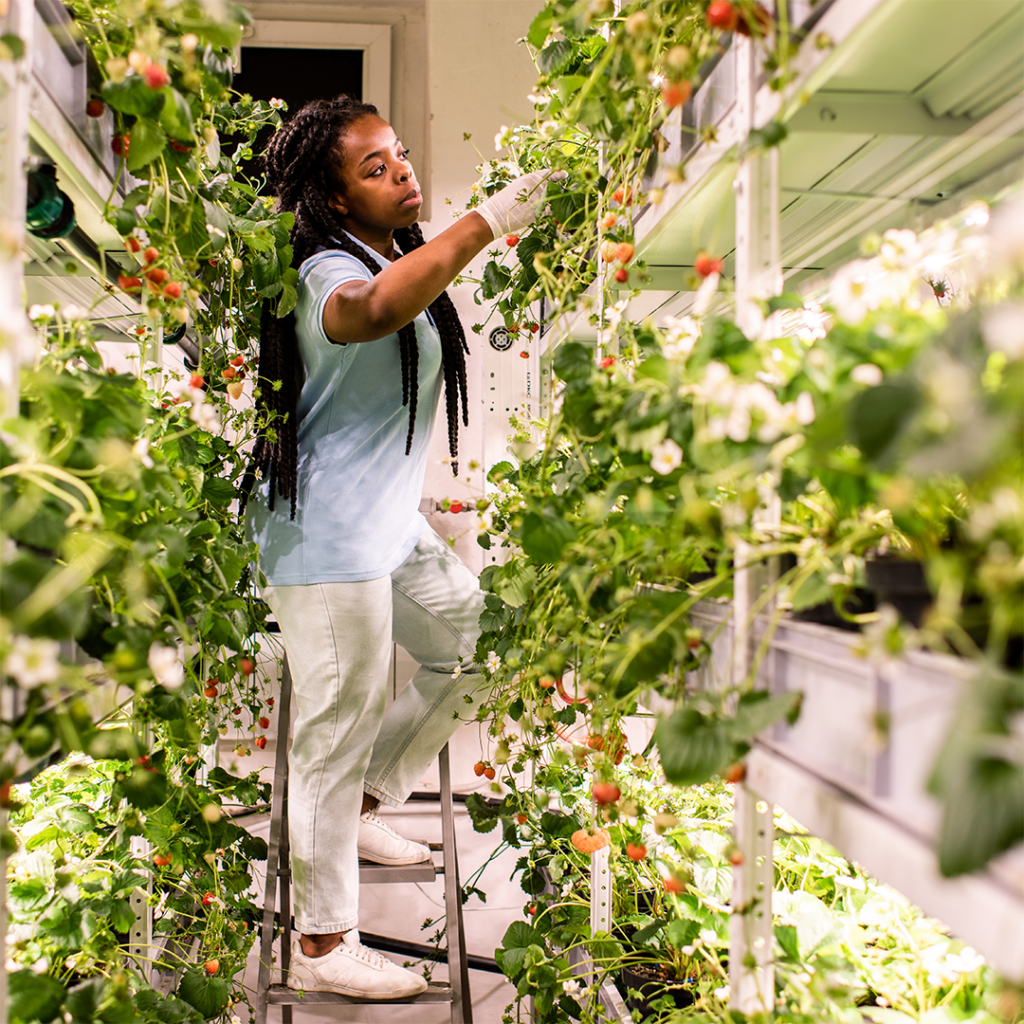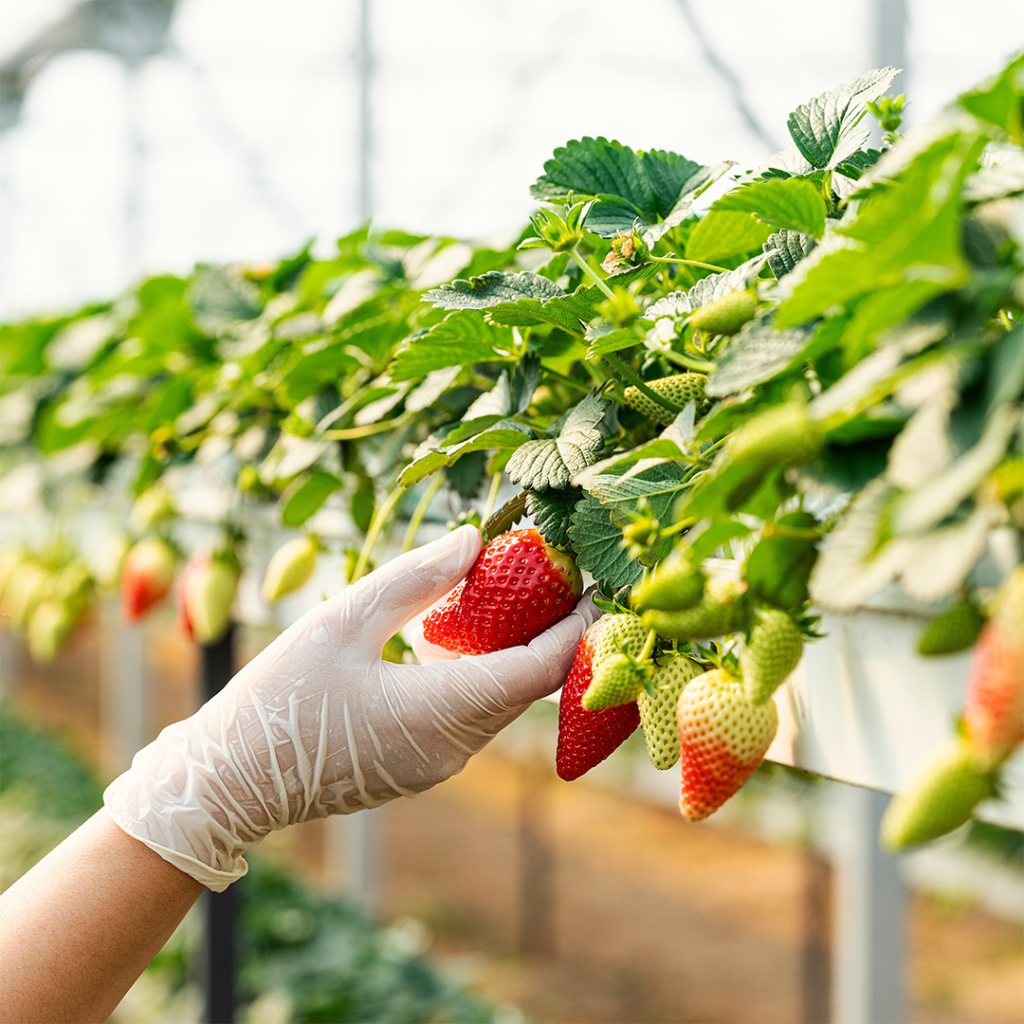
Becoming a certified organic farm doesn’t happen overnight. For most growers, it requires a multi-year commitment, a serious investment, and a whole lot of paperwork. That’s where transitional farming comes in.

What is transitional farming?
Transitional farming refers to the process a farm goes through to shift from conventional growing practices to certified organic ones. In the U.S., a farm must use approved organic methods for 36 months before their crops can legally carry the USDA Organic label. During this time, growers must avoid synthetic fertilizers, pesticides, GMOs, and other non-organic inputs while maintaining detailed records of their methods and sources.


Why does this matter?
Transitional farming supports the growth of the organic movement by helping more farmers shift away from synthetic inputs. But it’s not easy. Farmers can’t charge organic prices yet—but still have to invest in organic inputs and certification processes. At Misfits Market, we love working with growers in transition because we believe in supporting them during this crucial stage. If you see us selling transitional produce, it means we’re helping a grower make the leap to organic—and that’s a win for everyone.
Farms we’ve worked with in transition:
- Homegrown Organics, transitioning orange groves
- Wild River, previously transitional pluot varieties
Supporting transitional farms means voting with your fork—and helping create a more sustainable, equitable food system.
At Misfits Market, we offer both organic produce delivery and conventional options. But our priority is always the same: providing high-quality, responsibly sourced produce—often organic—at prices that are more accessible than your average grocery store. Thanks to our flexible sourcing model, we’re able to bring you fresh, affordable organic grocery delivery right to your door.
Want to learn more? Check out: What Does “Organic” Actually Mean
